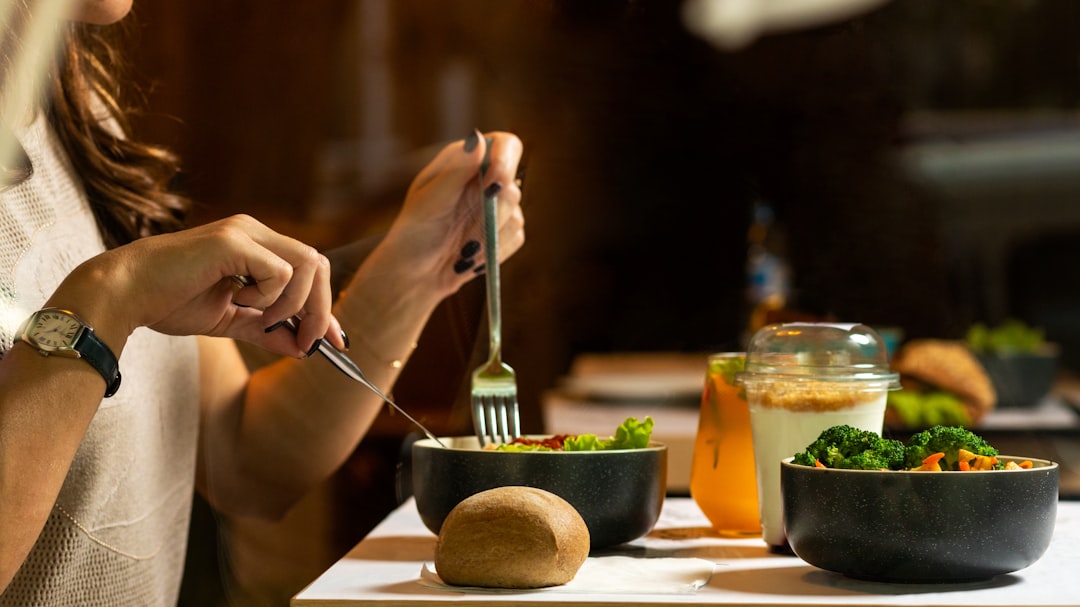- The Daily Tonic
- Posts
- Are Cheerios really going to kill you?
Are Cheerios really going to kill you?
Plus: What is a “diet break,” and how can it help?
Wednesday. Erectile dysfunction (ED) may serve as an early warning sign of cardiovascular disease (It’s true—HERE IS THE STUDY). Why the connection? Researchers think it’s due to shared risk factors like plaque buildup affecting blood flow throughout the body. ED can be a sensitive subject, so I will just leave that information there and awkwardly walk away.
Moving on to something more PG-rated, let’s talk about Cheerios. Is the wholesome breakfast cereal poisoning us? Or are some recent headlines a bit overplayed? Let’s dive in.
DEEP DIVE
The Truth About Toxic Cheerios
Who hasn’t had Cheerios and Quaker Oats for breakfast at some point in their lives? Those round, crunchy O’s are America’s cereal—everyone eats Cheerios. Okay, I might have entirely made that up, but you know what I mean. This stuff is everywhere.
This is why a recent Environmental Working Group (EWG) study has sparked so much discussion. The study (SEE IT HERE) has revealed that a significant number of Americans are being exposed to a chemical found in oat-based foods, which is linked to potential health risks.
This chemical, chlormequat, has been found in 80% of Americans tested and is linked to reduced fertility, altered fetal growth, and delayed puberty. Yikes.
In recent years, the detection of chlormequat in people has increased, rising from 69% in 2017 to a whopping 90% in 2023. What's more concerning is that this chemical was found in 92% of oat-based foods purchased in May 2023, including popular brands like Quaker Oats and Cheerios.
And the kicker to all this? Since chlormequat leaves the body within 24 hours, the study suggests that Americans are regularly exposed to this chemical. Yikes again.
However, before you throw away your Cheerios and burn your Quaker Oats, let's take a moment to dive deeper beyond just the scary headlines that have lately been making the rounds. There's another side to this story that emphasizes the importance of understanding the science behind some of these findings.
The truth is, the level of chlormequat found in Cheerios and similar foods is not as dangerous as it might seem from the click-bait headlines.
Scientific research suggests that the levels of this chemical found in cereals are not causing health issues. According to some experts, the amount of chlormequat you'd have to consume to be at risk is astronomical. You'd need to eat over 600 boxes of cereal at the "highest detected level" of 291 parts per billion in a single sitting to reach a dangerous level. That’s a lot of Cheerios.
It is also important to note that since chlormequat is rapidly excreted through urine within hours, the levels found in urine are even lower than those detected in cereals, making it less of a concern for build-up over time. Phew.
This information doesn't mean you should ignore the presence of chemicals in your food. It's perfectly reasonable for anyone to decide they want to avoid chemicals in their diet as much as possible. However, it's crucial to understand that “the dose makes the poison” and that minor levels of chemicals can be found in almost all food, including fruits and vegetables. The key is knowing when these levels pose a real danger to our health. In the case of Cheerios, that doesn’t seem to be the case.
The key takeaway? If you really look at ALL the research, it doesn’t seem likely that Cheerios are going to kill you… or cause infertility. There is a lot of fearmongering around certain foods in the nutrition space, and honestly, most of it is doing us more harm than good. The dose truly does make the poison, and in many cases, the dose just isn’t there.
Our goal at the Daily Tonic is to help you make informed decisions about your health and diet. We're not here to cause panic but to (hopefully) help clarify the facts amid sensational headlines. While the presence of chlormequat in oat-based products might sound alarming, the actual risk to your health, based on current scientific evidence, is minimal. If you obsess and worry about every single food linked to the presence of a scary-sounding chemical, you may quickly realize there is nothing safe left to eat.
What are you supposed to do then?
OUR PICKS
Tonic Shots
FROM THE ARCHIVE
What Is A “Diet Break,” And How Can It Help?

We’ve all experienced this at some point — being caught in the cycle of dieting, losing weight, and then inevitably gaining it all back. According to the latest research, a staggering 95% of dieters regain the weight they've lost within just two years. That is an alarming statistic, especially when you realize that calorie-restricting diets might help with weight loss initially, but they don’t stand the test of time in producing long-term results.
You might wonder why these diets don’t work in the long run. Well, it’s not just a matter of willpower or determination. Our bodies are intricately designed survival machines. When we introduce calorie restrictions, our body perceives it as a potential threat and begins to take countermeasures. These measures include metabolic shifts, hormonal imbalances, and neurological changes — all of which work together to make us feel more lethargic, more hungry, and less satisfied with what we eat.
Let’s break it down. When you go on a diet, your body will slow down, and hormones responsible for hunger will increase, while those that make you feel full will decrease. This makes the weight loss process incredibly difficult.
SUPPORT US
Support Our Team 🧡
We're all about making your journey towards better health enjoyable and insightful. By becoming a member of The Daily Tonic family, you're not just supporting us, you're elevating your own wellness journey!
We believe in the power of community and the impact of your support. Your membership helps us continue delivering the best health and wellness newsletter around. If you enjoy starting your day with a dose of wellness wisdom from The Daily Tonic, consider joining us as a member.
